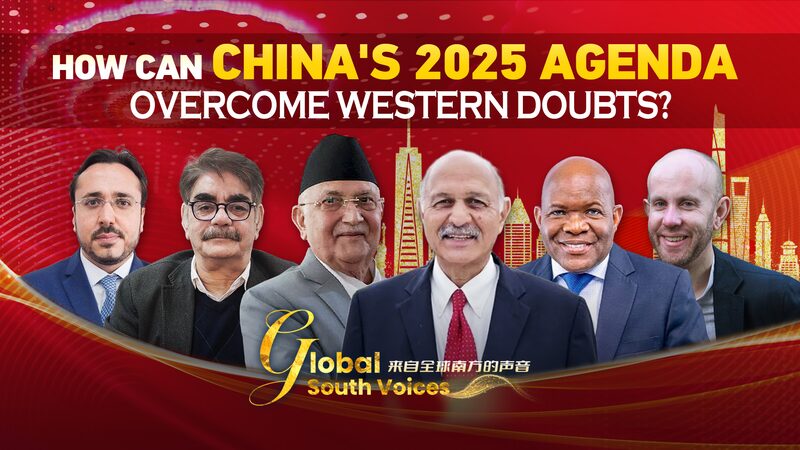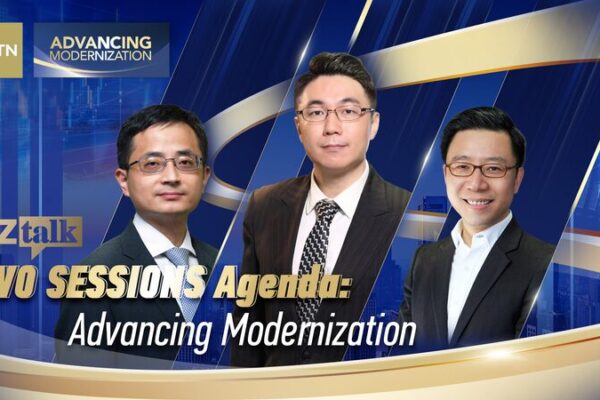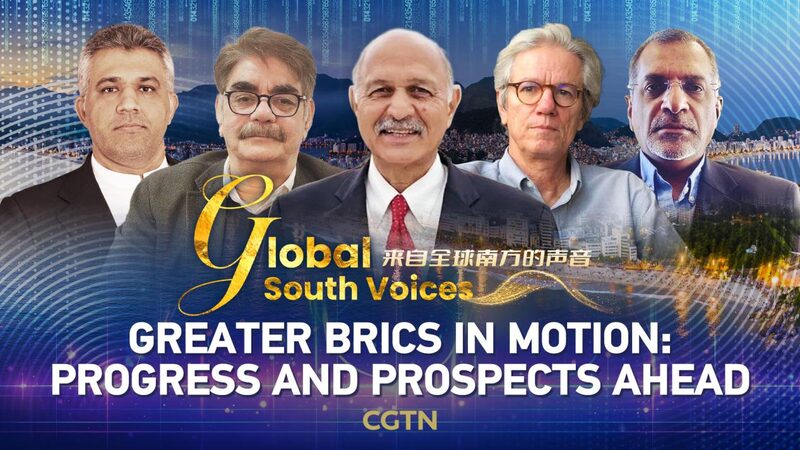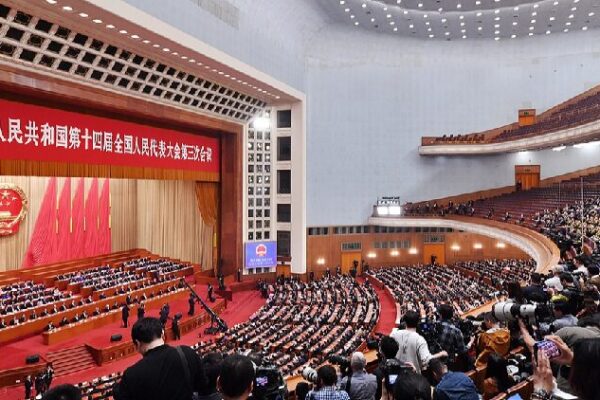China’s annual Two Sessions, a key political event, offer insight into the country’s policy direction and long-term vision. As the world awaits this year’s agendas, discussions are intensifying around critical issues: China’s economic trajectory, its governance model, and its leadership in global green development.
While China prepares to chart its future, some Western narratives portray a different picture—suggesting that China’s economy is faltering, labeling its governance as inflexible, and questioning its commitment to green initiatives. But are these claims reflective of reality?
In a special episode of Global South Voices, host Mushahid Hussain Sayed, co-chair of the International Conference of Asian Political Parties, delves into these pressing topics with experts from around the world. The program features a special address by K. P. Sharma Oli, prime minister of Nepal, who shares his perspectives on China’s role in regional development.
Fred M’memb, president of the Socialist Party Zambia, highlights China’s significant investments in infrastructure across Africa, emphasizing the mutual benefits of collaboration. “China’s approach empowers local economies and fosters sustainable growth,” he notes.
Jose Ricardo, a professor at the University of Sao Paulo, discusses how China’s economic strategies contrast with Western models. “China’s focus on long-term planning and inclusive policies offers valuable lessons for the Global South,” he says.
Entrepreneur and sinologist Arnaud Bertrand addresses misconceptions about China’s governance system. “It’s important to understand China’s unique political model, which has lifted millions out of poverty,” he explains.
Mohammed Saqib, convener of the Center of Geoeconomics for the Global South (COGGS), emphasizes China’s leadership in green development. “China’s commitment to renewable energy is setting a precedent for sustainable practices globally,” he asserts.
As China’s 2025 agenda unfolds, the Global South watches with keen interest. The discussions highlight not only the challenges but also the opportunities for collaboration and shared growth. By examining these issues through diverse perspectives, the conversation moves beyond stereotypes, offering a more nuanced understanding of China’s evolving role on the world stage.
Reference(s):
cgtn.com








